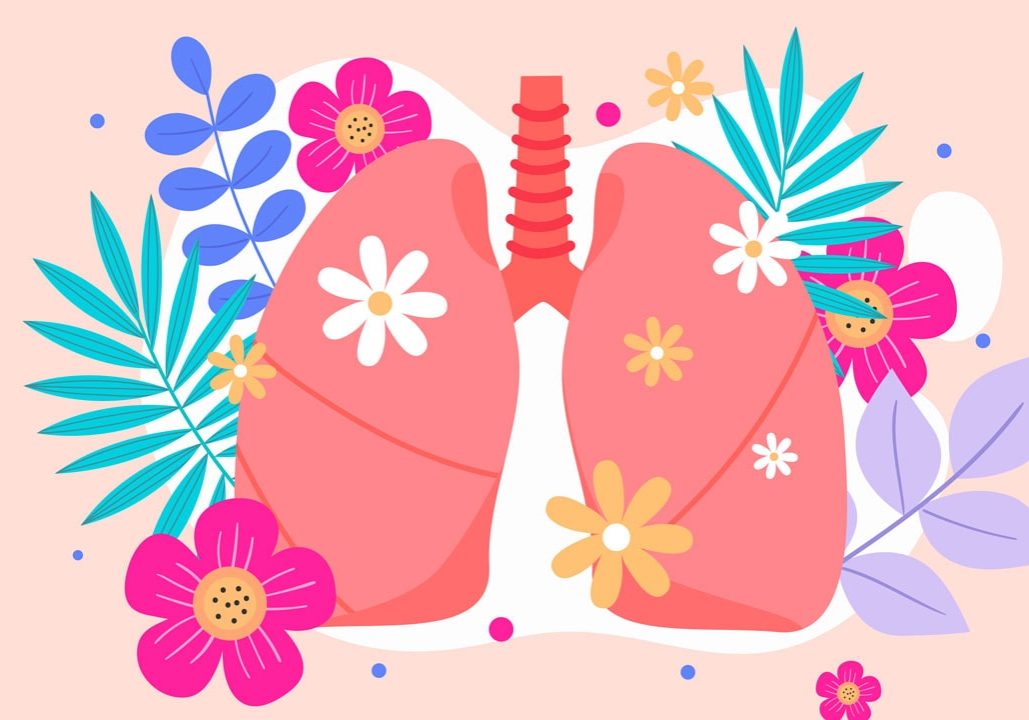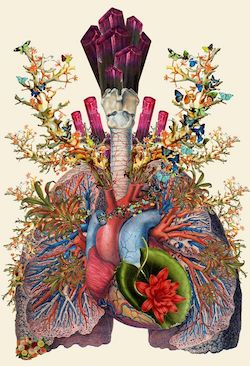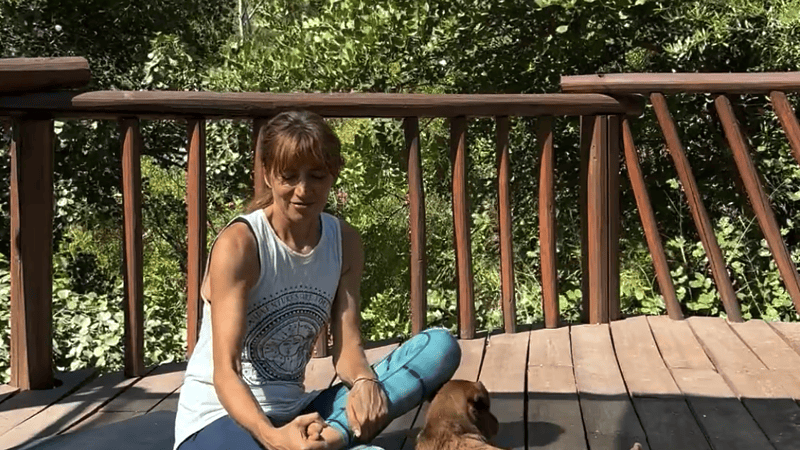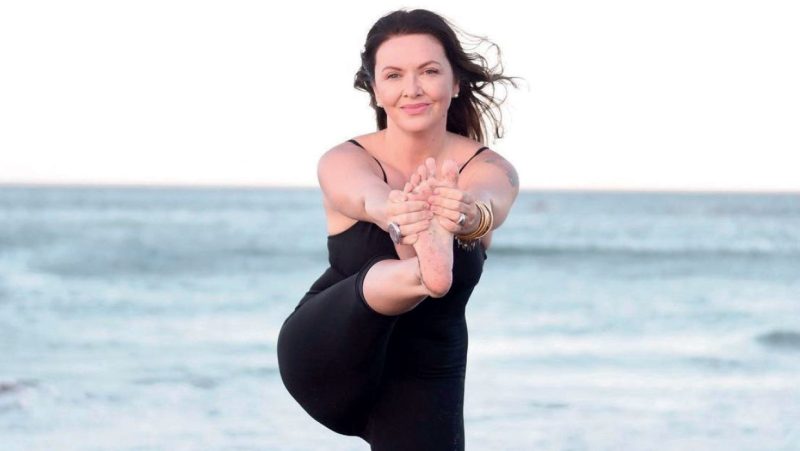
How our lungs affects our emotions
Breathing is an integral part of yoga. Here, Viviane Maia outlines the significance and power of our lungs and how they can affect our emotions
In Traditional Chinese Medicine it is understood that our lungs are a delicate entry point connecting us to the outside world. One of its functions is dispersing and spreading defensive or protective (wei) qi. This subcategory of qi lies just under our skin and protects us from climatic conditions. A lung that is not working at its full capacity, will have a weak protective wei qi and a person will be more vulnerable to catching colds and flus and have more allergic reactions.
The quality of the environment we inhabit, as well as our habits, the psychological and physical ‘food’ we take in, airborne pollutants and harsh climatic conditions, all have an effect on our lungs. As Gabor Mate reflects and explains clearly in his book “When the Body Says No: The Cost of Hidden Stress'', persistent emotions also disturb our internal balance.
Emotional Impact
The emotion of grief is associated with the element of metal and the organ of the lungs. And, when pushed away and unprocessed, it will subconsciously permeate our sense of identity and shape our personality. So strongly, in fact, that with time it will cloud our connection to whatever becomes significant to us in our next stage of life, invariably leaving us feeling distanced, inert and cut off. This block makes us unaware of the golden nuggets hidden in the ever-flowing stream of life’s opportunities.
We form strong attachments as we move through life; attachments that are important and nourishing to us. They can be in relation to our parents, children, friends and partners. It can also be to our beloved pet or possession, a religious belief or certain other beliefs and ideas. This is our innate capacity to find value in our interactions and experiences. This ability to draw in inspiration and let go of what we no longer need is of paramount health importance to our lungs.
The lungs are our receiver of qi from the heavens and with each breath we open up to our ability to be a vessel for the fresh and new. When our lung capacity in drawing in heavenly qi or prana is deficient, our lungs’ ability to exercise its emotional functions at optimum is also impaired. Stagnant prana, or life force energy, remains. On an emotional level, we may feel as if something is lacking from our lives, but we are unable to put our finger on it. We feel this way because in fact, we haven’t lost anything at all and this longing is a direct reflection of our low capacity to draw in fresh new nourishment and value from our experiences.

Vital life
With each breath, vital life fulfils and enriches us — but if we lack capacity to take in divine inspiration, we may end up feeling as if we are empty inside.
Here is the thing, we relate with the world in terms of how it might satisfy us. From the goods at the store and the strong desire to own them or in contrast, from a scene in nature, a painting, listening to music, or by being given a compliment by someone we trust and feel lifted in our spirit. Can you take in the sincere compliment without feeling giddy about it? Have you experienced finding yourself in a shopping frenzy which only temporarily fills an inner void?
The healthier the lung qi and our ability to take in prana, the easier it is to feel inspired and feel vital about life, less prone to satiate the void with material possessions and less susceptible to disease. So it's fair to say that good, conscious breathing roots in us our ability to feel animated, alive, connected, increase our lung capacity to draw in fresh new prana while strengthening us against possible invasion of external pathogens.
Breathing exercises
Let’s talk about practical ways of strengthening the potential of this wonderful organ via the breath:
Pranayama in yoga is a series of techniques and exercises with the means of regulating the breath, toning lung qi and balancing the amount of both O2 and CO2 in order for the body to achieve homeostasis and function in a fair state of internal equilibrium. It has a profoundly positive effect on the human mind and body!
Breathing consciously is a form of meditation that can be done for extremely long periods and has an exquisitely quick, calming effect. Entering a particular rhythm with the breath means that you are slowly depressurising the activity of the mind and deepening your connection to the physical body and of feeling present within it.
Deep breathing also has a hugely beneficial effect on the heart. If you are experiencing fear, anxiety or stress, your heart rate will increase and deep breathing will regulate the heartbeat by slowing it down.
Different techniques are available to self-regulate via the breath and they all teach us to learn to absorb the intensity of the moment. Helping us to respond to life in a way that propels us to the highest version of ourselves.
With a deep inhale we embrace new knowledge, absorb and acknowledge the value of new experiences and as we exhale we let go of what is no longer needed. Our breath, in its circular movement, beckons us higher into consciousness and deeper into our unconscious agenda whilst unburdening and blowing clean our relationship in and out of us.
With a background in Five Element Acupuncture and Chinese Medicine, Viviane Maia teaches Meridian-based, Kundalini Yoga and Pranayama to children, teens and adults in mental health hospitals across London.





